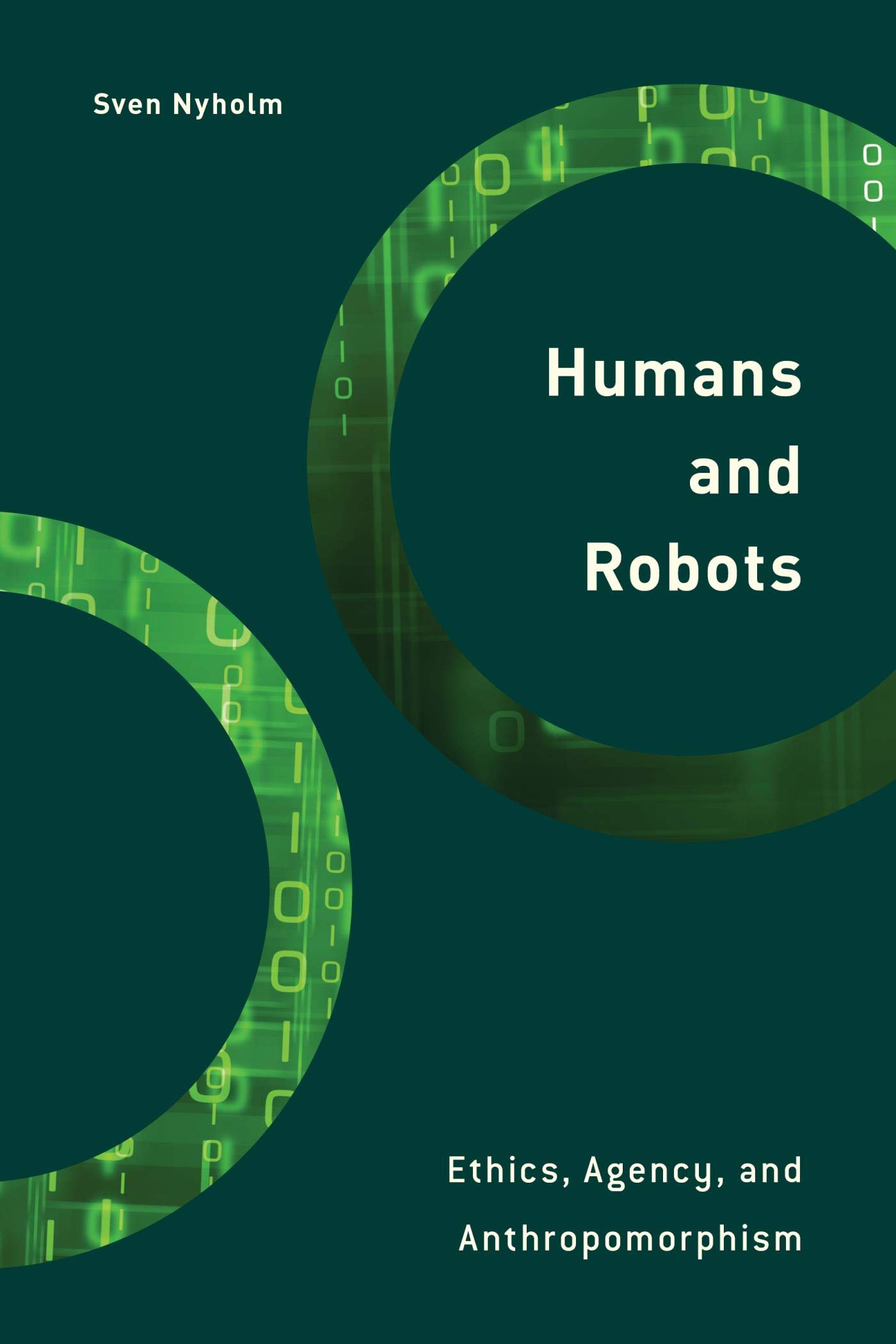What do you think?
Rate this book


237 pages, Kindle Edition
Published March 9, 2020
"I think that the default ethically preferred choice should be to seek ways of adapting robots and AI to humans. But we should also investigate whether there are any cases in which it might be beneficial for us to do things the other way around. If there are—and the given ways of adapting humans to robots and AI are domain-specific, largely reversible, and not too invasive—the ethically better choice might be to adapt human behavior to robot behavior in whatever ways might be beneficial to us." (80)How should humans and robots live together? Given that robots and AI are already pervasive in today's society and are only likely to become more prominent, this is one of the major moral questions of our time. Sven Nyholm's book, Humans and Robots, is an excellent introduction to the ethics of human-robot interaction. I think that the above quotation sums up Nyholm's main argument very well—it is a major thread running through the book, which covers a range of related topics, such as whether robots can be friends, whether they can be good, whether we can love them, whether they might have minds, and whether they ought to have rights. In general, Nyholm is skeptical about attributing too much in the way of minds and human-like properties to robots that would make them proper subjects of human friendship and love and so on (a skepticism that I share). Nyholm engages with a bunch of work done in these areas in a critical but always charitable and even-handed way. As much as I agree with his approach and with some of his conclusions, what might be more important than any tentative answers is the way that Nyholm sets up the important ethical questions that should be asked with respect to human-robots interaction for the present and foreseeable future (rather than any fantastic imaginaries).